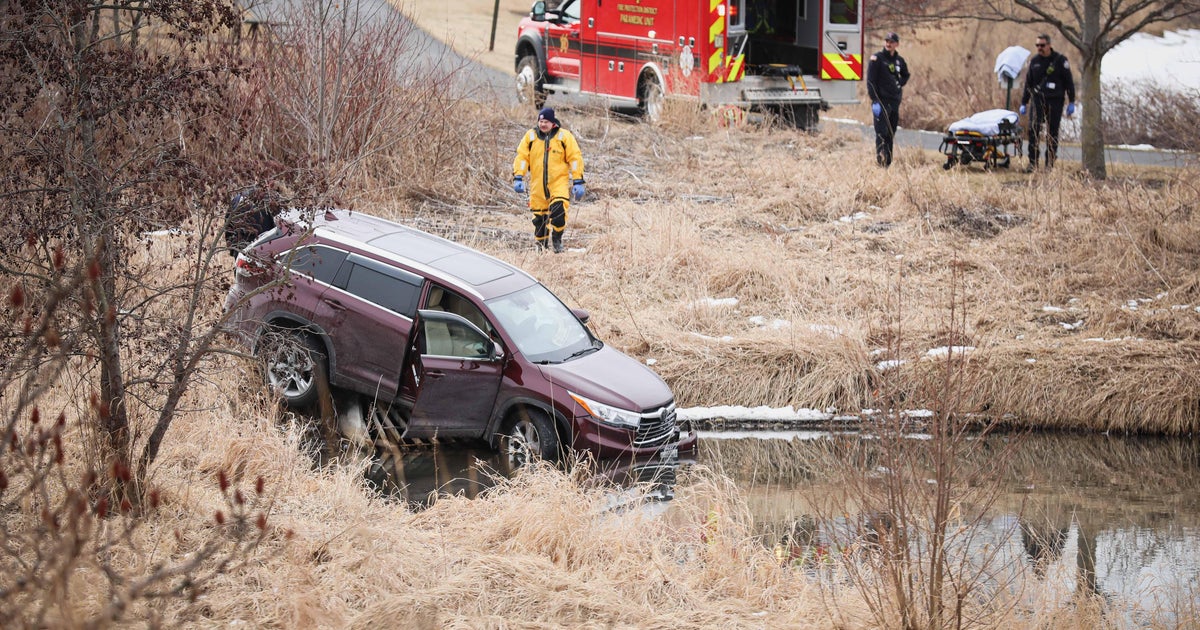Distracted drivers an increasing threat to first responders
New research shows that many drivers are profoundly distracted by their phones when they're going past first responders working accidents on the roadways. New research from the National Safety Council found 71% of drivers admitted to taking photos and texting while driving by emergency workers; that's nearly triple the 24% who admitted to doing it under normal driving conditions. Sixty percent admitted to posting to social media; two-thirds have emailed about what they're driving by.
And the results are increasingly deadly. Sixteen percent of drivers say they've struck or nearly struck an emergency vehicle or first responder on the side of the road. Forty first responders were killed on the side of the road last year, up 60% from 2017. And so far this year, 21 have died, including 10 police officers; 14 officers were hit and killed in all of 2018.
"What surprised us most about this study was the magnitude of people who are really exercising very dangerous behavior," said Kelly Nantel of the National Safety Council. "They're adding another level of exposure to these first responders."
Last December, Florida Highway Patrol Trooper Mithil Patel was on the shoulder of interstate 95 working an accident when, despite a traffic lane being closed as a safety buffer, a suspected distracted driver was the cause of a car losing control and swerving towards him.
Video captured Patel throwing another man to safety right before being hit by the car himself.
"It's a different feeling definitely, seeing where I almost got killed – definitely a weird feeling,' Patel said.
Patel returned to the accident scene for only the second time, joined by correspondent Kris Van Cleave.
"Do you feel lucky to have survived that?" Van Cleave asked.
"I feel extremely lucky," Patel replied. "I have seen people, you know, pretty much die from this."
Patel admitted to some nerves as he hit the road in his patrol car for the first time since the accident. "I still have the butterfly in my belly," he told Van Cleave. "Whenever you see the brakes squeeze really hard, you're always going to be back to be, like, is he coming toward my way or not?"
Patel hopes to be back to full duty and working calls on the side of the road in the coming months.
In Miami, Fire Captain Steve Perez, heading to a traffic accident, said as soon as they flip on the lights and sirens, drivers behave differently.
Van Cleave asked, "Every call you see people paying more attention to their phones than the road? Is it that common?"
"Sure, I'll venture to say it's very common to see somebody either on their phone or taking their phone out to try to videotape or get a snap of what's going on," said Captain Perez.
Patel said, "I have seen it where they pull out the phone outside the window and take start taking pictures, not paying attention to the road."
All 50 states have a "move over" law that requires drivers to give first responders room to work, but police say it's about 50-50 if people actually do it.
Trooper Patel says, bottom line, put down the phone.




